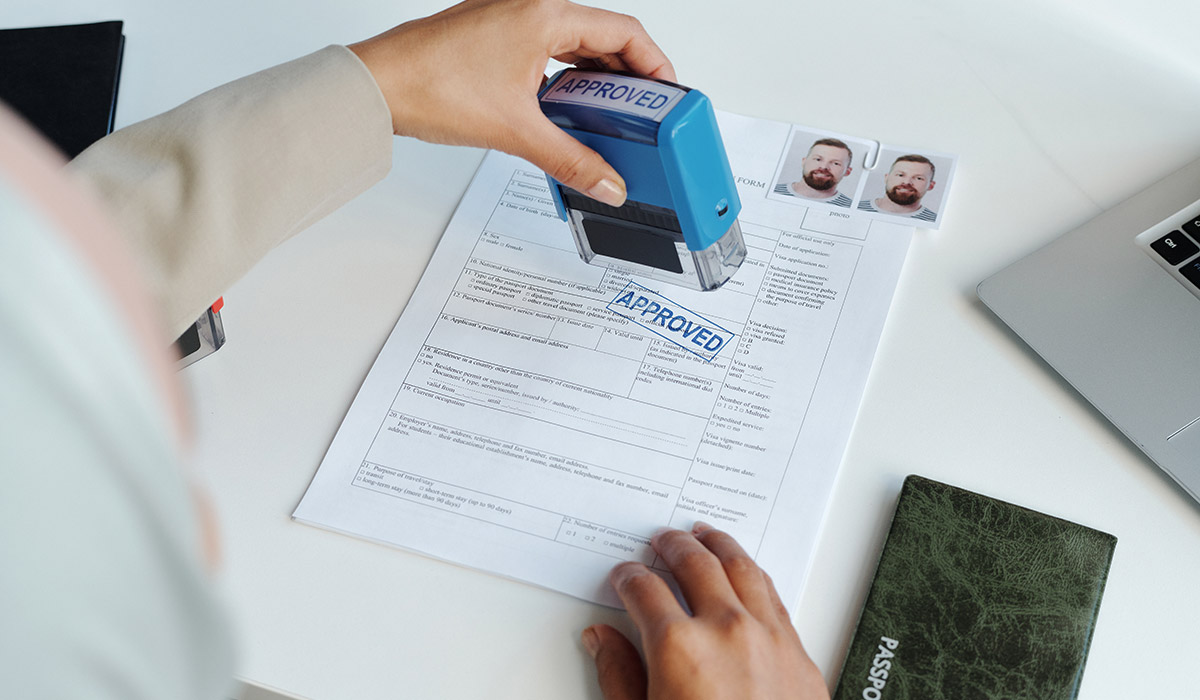 6 minutes
6 minutes A Complete Handbook for Establishing a Business in Singapore

Setting up a business in Singapore is straightforward, especially with the expertise of specialists like Premia TNC at your side. Additionally, the government offers tax exemptions and support programs to aid new businesses in their early stages.
Our guide equips you with the essential steps for Singapore company registration and our specialists are ready to offer seamless assistance throughout the incorporation process.
Why Choose Singapore for Your Business Setup
1. Attractive Tax System
Singapore maintains a highly competitive and business-conducive tax framework, with the corporate income tax rate capped at 17%, positioning it among the most favorable jurisdictions in the region for corporate taxation. In addition to the low tax rate, newly incorporated companies may be eligible for generous tax exemptions during their initial years, helping reduce operating costs and maximize profitability early on.
2. Prime Location and Market Reach
Singapore’s strategic location at the crossroads of Southeast Asia provides seamless access to major markets, including the ASEAN region, China, and India. With world-class infrastructure and efficient transport networks, the country serves as a gateway for businesses aiming to expand their presence across Asia and beyond.
3. Supportive and Stable Business Climate
Singapore is consistently recognized as one of the world’s most business-friendly destinations. Its transparent legal system, political stability, and robust enforcement of intellectual property rights offer a secure environment for entrepreneurs—especially those in innovation-driven sectors such as technology, finance, and creative industries.
Which business entity is most frequently chosen in Singapore?
The most prevalent business structure in Singapore is the private limited company, characterized by its limited liability and distinct legal identity separate from its shareholders. The government regards it as a taxable entity, ensuring shareholders are not personally accountable for losses and debts exceeding their invested capital.
Singapore recognizes other business entity types, including proprietorships and limited liability partnerships (LLP).
Prior to company registration, it is vital to understand specific prerequisites. All Singaporean companies must adhere to the regulations outlined in the Companies Act and undergo registration with the Accounting and Corporate Regulatory Authority (ACRA).
ACRA serves as the authoritative company registrar, overseeing the company registration process detailed in the Companies Act, Chapter 50.
Essential criteria for establishing a business in Singapore
Singapore company registration necessitates the following prerequisites:
- A single shareholder.
- Appointing one company secretary.
- Designating a resident director.
- Maintaining a physical registered office address within Singapore.
- An initial paid-up share capital of at least S$1.
What information is required for your service provider to register a Singaporean company?
To streamline the process of registering your company in Singapore, it is crucial to determine the most suitable business entity for your needs. Each structure (sole proprietorship, private limited company, and limited liability partnership) comes with its own unique set of pros and cons. Once you have made your choice:
1. Select a company name that meets the following criteria:
- Approval from ACRA is required before company incorporation.
- Must not be deemed undesirable.
- Should not match an existing company name.
- Avoid any conflicts with established trademarks.
2. Shareholder information
Individuals or entities can become shareholders by purchasing or subscribing to company shares.
To proceed with the Singapore business setup, a private limited entity requires a minimum of one individual or corporate shareholder, with a maximum cap of 50 shareholders.
It is permissible for a director to also serve as a shareholder.
3. Resident directors
For a Singapore private limited company, at least one director is required to be a resident of Singapore. This entails holding a Singapore Employment Pass, permanent residency or citizenship.
There is no set limit on the number of additional directors, whether they are local or foreign.
All directors must meet these criteria:
- Be at least 18 years old.
- Have no bankruptcy history.
- Have no convictions for criminal malpractice.
4. Company secretary
Every company is mandated to designate a proficient company secretary whose main duty is to oversee regulatory compliance.
5. Paid-up share capital
For company registration, a minimum of S$1 or equivalent in other currencies is required as paid-up capital.
Singapore does not allow “no par value” or “bearer” shares, and the minimum issued capital is one share with par value.
6. Registered address
Your Singaporean company must possess a registered physical office address, which serves as the designated location for sending official documents and notices. This address is also where you must maintain the requisite registers mandated by law. It is essential to note that the registered address cannot be a post office box as it must be a physical address. Some business types may utilize a residential address for this purpose.
7. Governance structure
The governance framework of a company is detailed in the Memorandum of Association and Articles of Association. These documents, collectively known as the Constitution, delineate the relationship between shareholders and the company.
Starting a Singapore Company Remotely
Online Incorporation Made Easy
Singapore’s advanced digital infrastructure enables entrepreneurs to complete the company registration process entirely online. Key steps—such as reserving a company name, uploading incorporation documents, and securing necessary approvals—can be completed remotely, significantly reducing setup time and complexity.
Meeting Local Director Requirements from Abroad
Under Singaporean regulatory requirements, every incorporated company must appoint at least one director who is ordinarily resident in Singapore, irrespective of whether the business operations are managed remotely. Many foreign entrepreneurs meet this condition through nominee director services, allowing them to establish their company without relocating immediately.
Virtual Office Solutions
For businesses operating remotely, virtual office services offer flexible and cost-effective solutions. These services provide a registered business address, mail handling, and access to meeting facilities on demand. Virtual setups are particularly popular among tech startups, consultants, and e-commerce operators who wish to build a presence in Singapore while managing operations from overseas.
What is the timeframe for incorporating a company in Singapore?
To expedite the approval and registration process, it is crucial to supply all necessary information and pertinent identification documents. Additionally, the compliance team may seek supplementary documents for verification purposes.
Once all the required Know Your Customer (KYC) information is collected and all incorporation documents are duly signed, the company name can be reserved, and the incorporation process can be completed within a single day.
How can I confirm the incorporation of my company?
Once the registration of your Singapore company is finalized, you will receive official documents from ACRA. These documents encompass the business profile, certificate of incorporation, and constitution. They contain vital information such as the company registration number, date of incorporation, and company structure among other details.
Essential Compliance After Setting Up a Business in Singapore
Company Secretary Appointment
In accordance with regulatory requirements, all Singapore-incorporated entities must appoint a company secretary within six months of incorporation. This individual is responsible for ensuring the company remains compliant with statutory obligations, including maintaining accurate records and submitting timely filings to the appropriate government agencies.
Annual Reporting Duties
Companies are required to fulfill annual statutory obligations, which include filing the Annual Return with the Accounting and Corporate Regulatory Authority (ACRA). This filing updates essential company details such as shareholding structure, directors, and financial status. Additionally, companies must prepare financial statements, even if they qualify for an audit exemption.
Tax Filing and GST Considerations
All businesses must remain compliant with the Inland Revenue Authority of Singapore (IRAS) by filing their Estimated Chargeable Income (ECI) within three months of their financial year-end and submitting corporate income tax returns annually. Companies with annual taxable turnover exceeding SGD 1 million are required to register for Goods and Services Tax (GST). Voluntary registration is also available for companies below this threshold seeking to enhance their tax efficiency and credibility.
For any additional queries or guidance, our dedicated team at Premia TNC is readily available to assist you. Our aim is to ensure your business structure is established correctly from the outset. Do not hesitate to reach out to us today to initiate the Singapore business setup process.
Related Posts




















